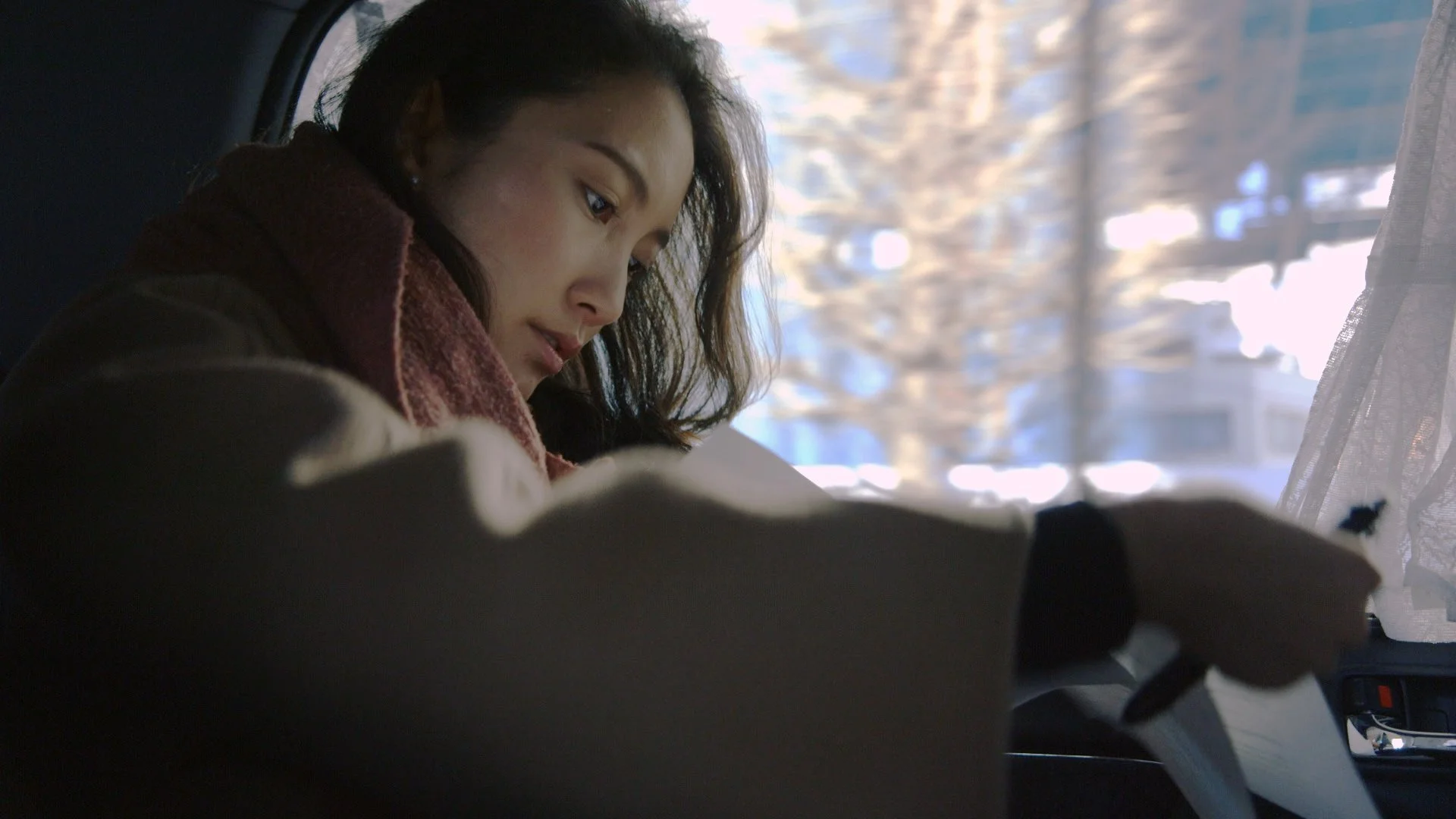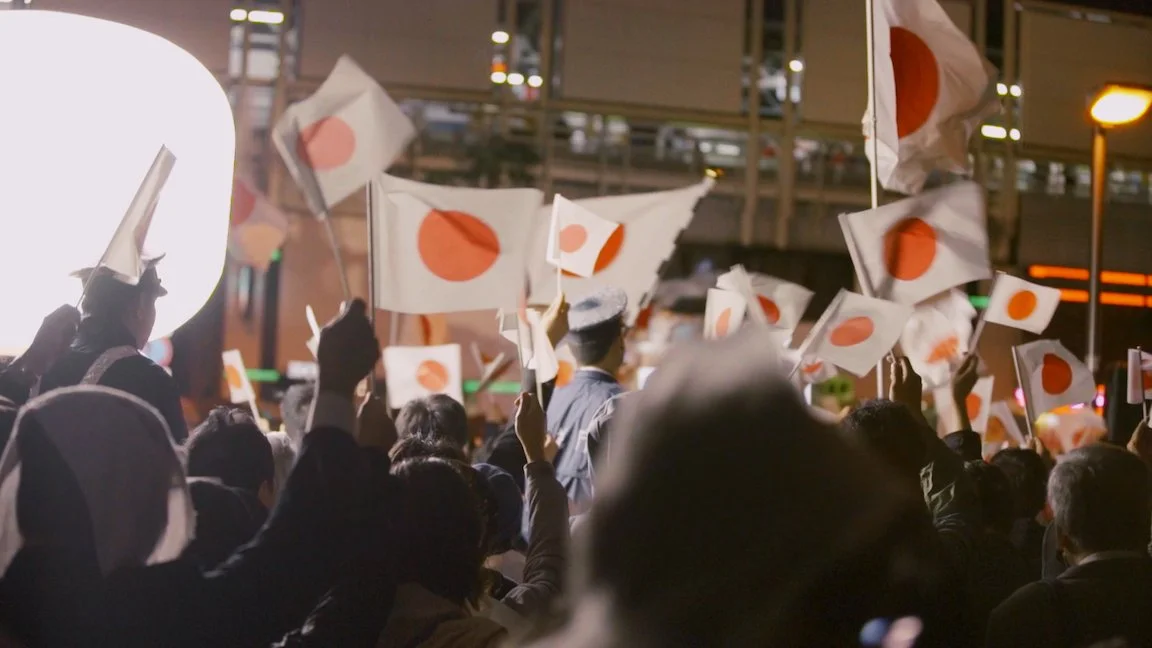One Voice
Shiori Ito’s Oscar-nominated doc finally makes its way to cinemas. Still no love in Japan.
Black Box Diaries
Director: Shiori Ito • Writer: Shiori Ito
Japan • 1hr 43mins
Opens Hong Kong April 24 • I
Grade: A-
Japanese journalist Shiori Ito is not practising “good” journalism in her Oscar-nominated documentary Black Box Diaires. Ito would probably be the first to admit that, and that’s fine considering Black Box Diaries is not a fair and balanced (hahahaha I love that in reference to the news lately) examination of rape culture in Japan, the perception of sex crimes or the level of accountability for them for a public broadcaster. It is a blistering first person account of a hazily yet still confidently recalled 2015 rape of a young news reporter by an older, powerful and, most crucially, beloved and trusted news anchor in a Tokyo hotel. It’s the stuff a million Law & Order episodes (seriously, a million, because that show’s been on for about 421 seasons) and high profile lawsuits (as documented in movies like Bombshell). But few of those are as compelling, infuriating or gobsmackingly relatable as Ito’s doc, comprised largely of her own video/phone diary entries chronicling her seven-year fight to see one-time Tokyo Broadcasting System Washington chief Noriyuki Yamaguchi – a guy who was chummy with former prime minister Shinzo Abe – held accountable for his alleged crime. To anyone who asks the boneheaded question “Why didn’t she just say something?” when (mostly) women don’t report sexual assaults, I give you Black Box Diaries.
That first person account is the film’s biggest selling point, because Ito is a very real, very sympathetic, very vulnerable, very kick-ass person. She’s smart and funny, reliable – she’s a journalist and she know how to find shit – and she absolutely will not let it go when the stars of media, politics and power align to silence her. When she wakes up and finds herself being raped (her description is gruesome) she doesn’t waffle and wonder what to do. She files a police complaint and it’s only when when the Tokyo cops essentially sweep the whole incident under the rug – by choice or by order is never clear – she decides to go public. They poked the bear, so to speak.
In investigating her own rape, publicly, Ito became a #MeToo icon in Japan and, naturally, a target of all sorts of online slander and threats, slut-shaming, accusations of being an anti-government instigator and unpatriotic among other forward-looking nuggets. It’s a familiar cycle; any woman who stands up and accuses powerful men of misbehaviour will be attacked for it, which makes Ito’s decision to not only investigate the crime but sue Yamaguchi in civil court in broad daylight all the more amazing.
Ito uncovers some draconian laws during the course of Black Box Diaries that are truly shocking, and she makes room to illustrate how Japan’s stratified social processes enable guys like Yamaguchi and screw the rest of us, like the cabbie who didn’t take Ito home that night and deferred to the Very Important Man. Attitudes like that are woven into the culture and makes this event specific to Japan. It just highlights how much culturally specific sexual violence is, ironcially, universal.
I honestly can’t remember if we get the “Noriyuki Yamaguchi declined to be interviewed for this film” title card and – hot take – he didn’t need to be. Yes, fair and balanced is crucial to public broadcasting but documentary films are allowed to have all the one-sidedness they want if it suits the documentarian’s aims. If I want to hear Yamaguchi’s excuses side I’m sure there’s a fawning doc about him out there. But that's not what Black Box Diaries is. What it is is a therapeutic reclaiming of that night in Ito’s own voice, with no fuckery and no censoring, that helped her navigate seven tricky years. And it’s a clarion call for all of us, and the law, to get our collective act together when it comes to sexual assault. There isn’t really another side.



